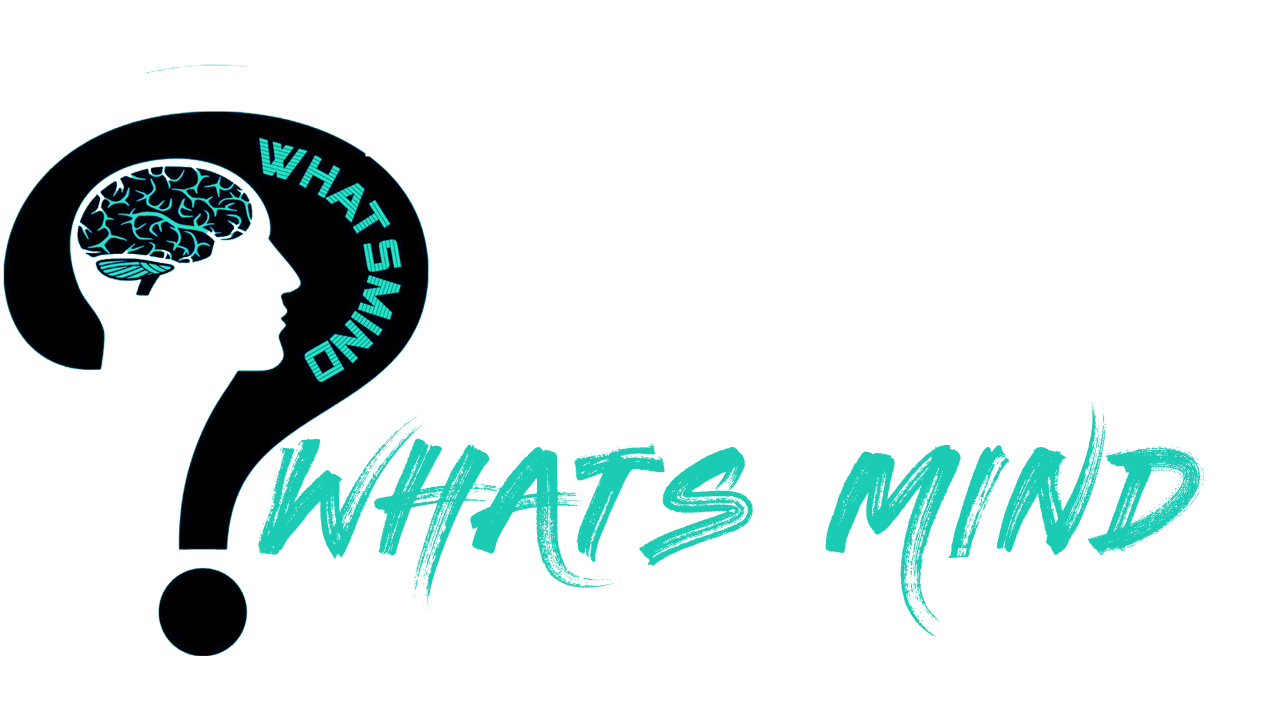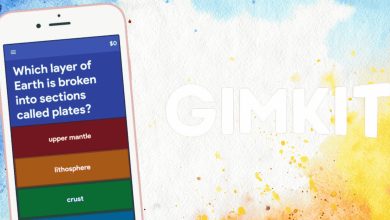March Update 2024 of Google is Rolled-Out! Websites Lost Millions of Traffic
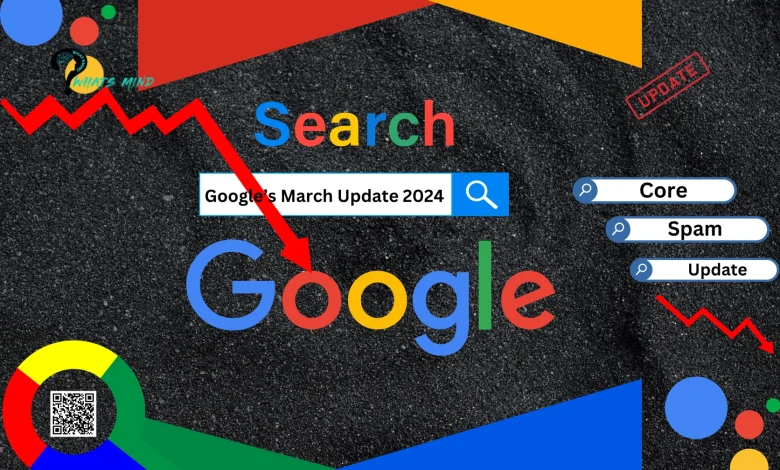
Google updates have always been a nightmare for many website owners, but only for some. I still remember September 2022, when Google launched its Helpful content update.
Interestingly, the mentor teaching me SEO told us the same thing a week ago: Google will never tolerate low-quality content. When the update rolled out, we were calm, unlike many other website owners, who were posting low-quality content.
Google March Update 2024 has done the same to many website owners who were posting low-quality AI content on their websites.
However, Google March update 2024 is not solely related to AI content spam but also covers these topics:
- Spam policy update
- Scaled content spam
- Site reputation spam
- Expired domain spam
In this article, I will be covering:
- Summary of Google’s March update 2024
- How has it affected websites by now?
- How do AI-content websites get affected?
- How to Maintain Search Engine Ranking After Google’s March Update 2024?
- FAQS
One more thing: At the end, I will tell you the Google-advised way to write AI content that actually works on SERP.
Table of Contents
Summary of Google’s March update 2024:
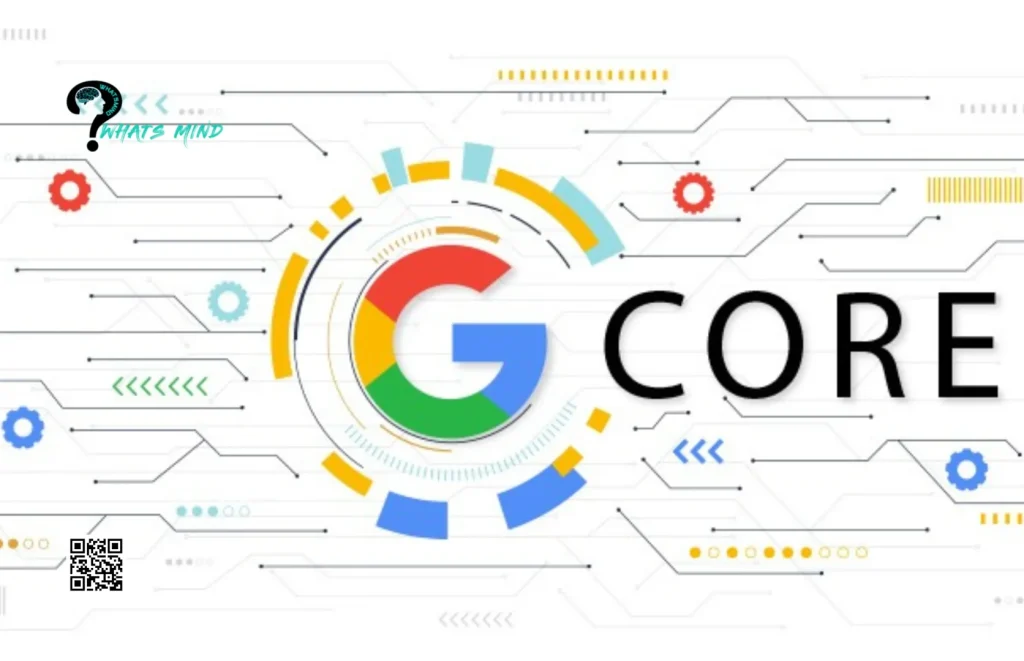
Google aims to reduce low-quality and unhelpful content by 40% using the previous and the new update.
In this update, Google refined its core ranking system so that it can analyze web pages more rigorously and rank the best websites.
Secondly, Google has updated its spam policies to detect new abusive behaviors that are used to manipulate search engine rankings. The objective of this spam policy update is to penalize the following types of websites.
- Websites that use scale content creation, whether AI-generated or human-generated content. It includes creating multiple pages or huge amounts of unhelpful content that only contains keywords for manipulating search engine rankings.
- The second area where Google aims to enforce penalties is site reputation spam.
This involves the high-ranking sites that themselves have good-quality content but publish third-party, low-quality content on their sites.
These third parties aim to get the benefit of the host’s website ranking and are produced only for the purpose of ranking.
Google will not tolerate this behavior, as it harms the user experience with low-quality content.
This policy will start working on May 5, 2024. By announcing this update two months ago, Google has given site owners time to make the required changes
- The third one is Expired Domain Spam. This involves the purchase and repurposing of the expired domains to get their SEO benefits.
Like publishing low-quality medical content on a previous medical institute website. This might mislead the user into believing that the new content belongs to the previous high-authority website.
This is considered completely spam, and Google will penalize such websites without wasting a minute.
How has Google’s March update 2024 affected websites?
Google has taken many serious and ruthless steps to remove the sites that have been posting unhelpful content and exploiting the user experience.
Niche Site Metrics, an SEO tool website with about 49,345 indexed sites, tracked the deindexed sites in their database.
They found that 837 sites out of 49345 have been de-indexed since Google’s March update 2024.
These websites have over 20,756,785 monthly organic traffic, which drops to zero. Here the damage doesn’t stop; these websites also suffer an estimated loss of $446,552 in ad revenue.
The Value of a Quality Backlink: Its Impact & How To Get it?How do AI-content websites get affected?

First of all, I want to make it clear that the problem is not with using AI content. The problem is with using low-quality AI-generated content that is solely made for search engines.
Google also answers this question indirectly on an official page. In an answer to the question:
Is this a change in how Google views AI content in terms of spam?
Google says:
Our long-standing spam policy has been that the use of automation, including generative AI, is spam if the primary purpose is manipulating ranking in search results. The updated policy is in the same spirit of our previous policy and based on the same principle. It’s been expanded to account for more sophisticated scaled content creation methods where it isn’t always clear whether low-quality content was created purely through automation.
To explain to you guys how AI websites were affected after Google’s March update 2024, I will be showing you stats from a study conducted by Originality.ai.
So, Originality.ai examined the articles of the 14 deindexed sites publicly shared by Google, and this was the result.
All the sites that were investigated used AI content .7 out of 14 deindexed sites used 90%+ AI content in their articles, while the other 50% used a mix of AI and human-generated content.
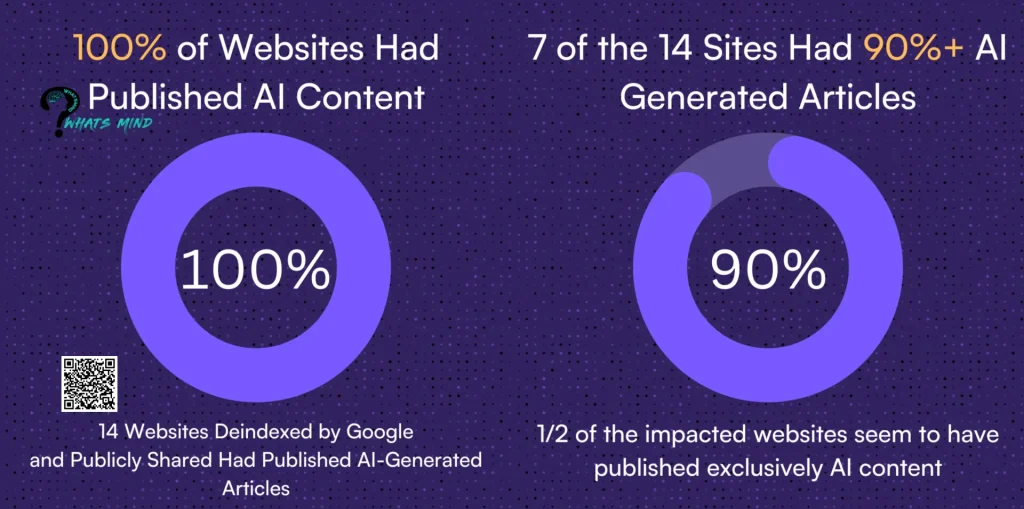
AI content is often regarded as low quality because it only provides content from the internet. It lacks additional information, value, and stats.
Also, it fails to satisfy the criteria that Google called E-E-A-T ( Experience, Expertise, Authoritativeness, and Trustworthiness ). Articles that have E-E-A-T qualities are prioritized by Google.
Since AI content is not written by professionals who have experience in a related niche and cannot provide real value and solutions, Google doesn’t like such content.
So, using low-quality AI content can be a great way to generate hundreds of articles, but it’s also a great way to get your website penalized, especially after Google’s March update 2024.
How to Maintain Search Engine Ranking After Google’s March Update 2024?
I know it’s really hard to see your years of hard work drop to zero because of a Google update. But champs, it’s not the time to lose your heart; you have to buckle up, learn from your failures, and come up with your best.
If your website doesn’t get attacked by Google’s update (congratulations) or if you are starting again (bravo to your strength), you can follow these steps to maintain your website’s search engine ranking.
- Create helpful, reliable, and people-first content that provides value to the reader in a user-friendly way. See if your content is good enough that the readers don’t need to browse other websites to find their answers.
- Create content that passes the E-E-A-T criteria; Google considers such content valuable and prioritizes it on search engines.
E-E-A-T stands for expertise, experience, authoritativeness, and trustworthiness. The content doesn’t need to fulfill all of them, but it should be valuable and from a reliable source.
- Create content that aligns with the Google webmaster guidelines, and don’t ever try to fool Google with spammy techniques.
- Improve your website’s On-page SEO and work hard to provide a better user experience to enhance the overall performance of your website.
- Fix all technical and non-technical issues on your website before they get fixed by a new Google update.
- Avoid all types of gray-hat SEO techniques and create SEO strategies by analyzing previous updates and forecasting future challenges.
Okay, it’s time to tell you guys the Google-suggested way to write AI content that doesn’t harm Google’s policy.
Google has made a detailed guideline in which it has mentioned how you can evaluate your content on the basis of Who, How, and Why and create content that Google prioritizes.
On a page related to Google Search’s guidance about AI-generated content, Google says:
Evaluating your content in this way, whether you’re using AI-generated content or not, will help you stay on course with what our systems seek to reward.
It’s better to study this guideline once and create high-quality content rather than create content that harms your website’s performance.
Conclusion:
In conclusion, Google March Update 2024 aims to penalize websites that practice scale content creation and high-ranking websites that publish low-quality third-party content.
In addition, expired domains that are purchased and repurposed for manipulating search engine rankings will also get penalized.
This update has negatively affected hundreds of websites. 837 websites out of the 49345 indexed websites got deindexed after the update.
Moreover, when all the deindexed sites that were publicly shared by Google, were analyzed, it was found that they all had AI content.
So, it’s important to create high-quality, helpful, and reliable content to maintain your site’s ranking.
Don’t forget to fix all your site’s technical and non-technical issues that can affect indexing.
Also, optimize your site’s on-page SEO and user experience to avoid any chances of de-ranking.
Last but not least, I have shared the link to Google’s guidelines that you can use to write AI content that doesn’t harm Google’s spam policy.
FAQs:
What is E-E-A-T content?
Ans: E-E-A-T content basically refers to content that is written by an expert or experienced professional who has authority over the niche and can be trusted.
Understand it through this example: an article on the cooking niche written by a chef or an experienced cook will be considered E-E-A-T content. Because it is written by a niche expert and will provide more value and tips than an article written by a business niche writer.
Does Google hate AI content?
Ans. The answer is both yes and no. If the content is written only for the purpose of search engine ranking and not for the users, it will never please Google.
Content that provides value and solves readers’s problems is the one that Google prioritizes.
Will my website get penalized for site reputation abuse before May 5, 2024?
Ans. No, Google has clearly mentioned in the policy update that this will start affecting the websites on May 5, 2024.
The website owners are given time to make the necessary changes to their sites to avoid the penalty.
For more info visit Whatsmind.com
